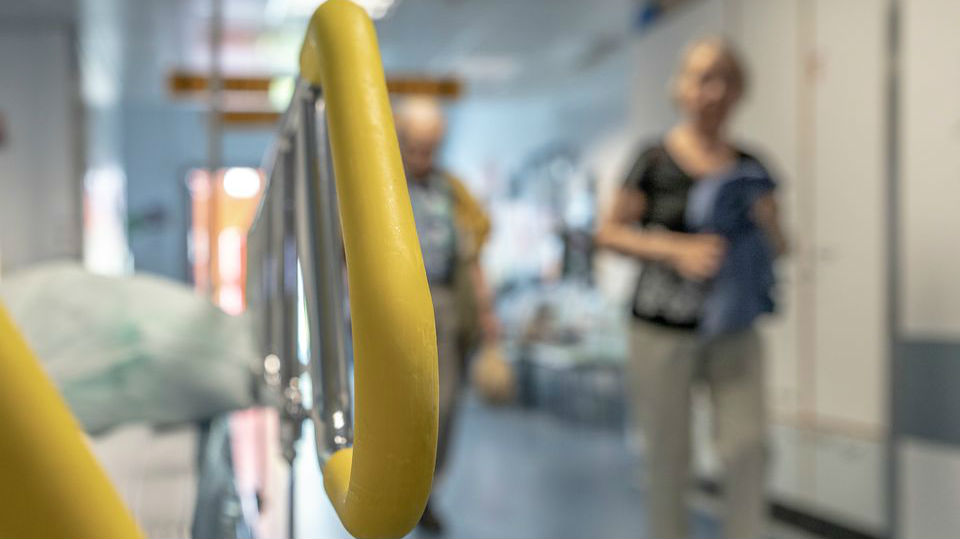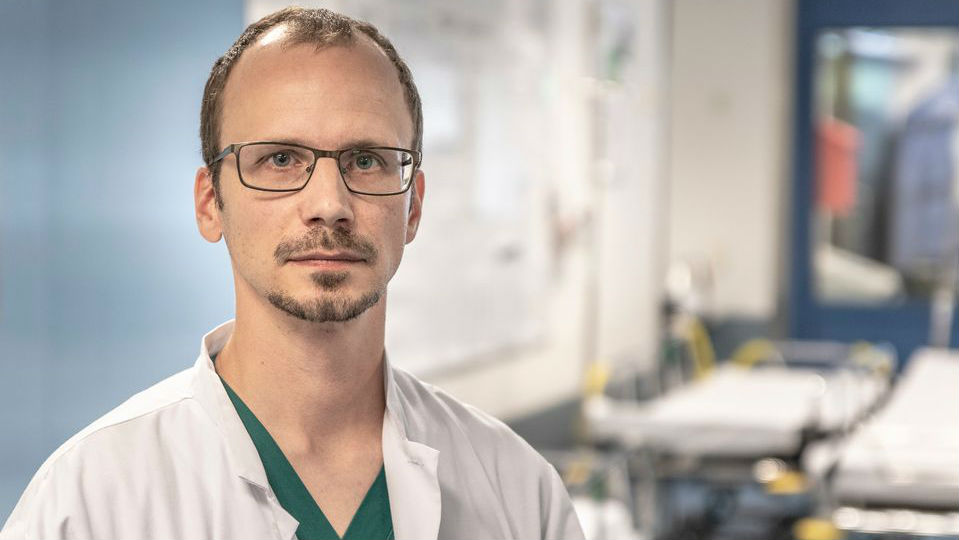Hospital wards across Finland clogged with “unnecessary patients”

Senior physicians at five major central hospitals in Finland have issued a “wake-up call” on the issue of congestion in emergency wards, in a joint letter to daily newspaper Helsingin Sanomat. In the letter, written in early July, the group warned that the current level of overcrowding is posing a significant risk to patient safety.
“We are both an overflow site and a relief valve,” said Sally Järvelä, a department manager at Tampere University Central Hospital. “We have now come to the end of the road because the staff cannot handle this situation indefinitely. The systematic nature of the work is suffering.”
The Central Hospital of Central Finland in Jyväskylä reports experiencing the same problem. Emergency services become congested when health stations in the region are unable to provide patients with urgent appointments.
“The lobbies and corridors are full of people. Doctors and nurses go racing back and forth trying to get patients treated,” explained Tomi Kavasmaa, chief of primary health care at the hospital.
The main purpose of the health stations run by municipalities across Finland is to treat patients during the daytime; the responsibility for providing emergency care is transferred to the hospitals in the evenings and on weekends. This provision of emergency care services at central hospitals was introduced at the beginning of the 2010s.
However, there is often very limited availability for urgent appointments.
“We wish that the customer would always call the hospital’s own service hotline first, where an assessment of their need can be made and the patient can receive initial care instructions,” said Kavasmaa.
Emergency room for emergencies only
Patients seeking basic, non-critical medical care at the Acuta emergency room at Tampere’s central hospital is not a new phenomenon, and has been ongoing ever since the opening of the department ten years ago.
“The situation may have worsened, but on the other hand, we do have a good reputation for emergency care. People know how to find us, and nobody is left without help,” said department head Järvelä.
However, according to Järvelä, there is not enough staff on duty, and the staff are under-equipped to treat patients who are not in dire need of first aid.
“It is really hard to find on-call doctors. The emergency room doesn’t have the resources to cover the patients who seek us out when basic health care services fail them.”
Järvelä says that they would need more general practitioners on duty, as specialists will treat patients according to their expertise, while GPs tend to look at a patient’s health situation more broadly.
“The emergency room is not the best place to investigate such cases. The on-call service is intended for the examination of emergency patients.”
In Järvelä’s opinion, the most cost-effective solution for patients, health stations and municipalities would be to treat the basic level ailments in the community health centres. This is unlikely to happen because, according to Järvelä, there is simply not enough time for patients in primary health care.
“The medical shortage is nationwide,” Järvelä said.

Specialist Juho Liukkonen, who works at the Central Finland Central Hospital, also recognises the problems of the on-call duty doctor. For a general practitioner, being on duty during a regular shift is a big challenge. A workday starting at eight in the morning can stretch until the middle of the night.
“The health centre should be made into a motivating and attractive workplace for young doctors, by providing a meaningful job and a long working career,” said Liukkonen.
Related stories from around the North:
Canada: Relying on short-term doctors may harm health care in Canada’s eastern Arctic, CBC News
Finland: Finland’s elder care needs funding boost to meet Nordic standards: researcher, Yle News
Sweden: Fewer people suffering strokes in Sweden, Radio Sweden
United States: Proposed cuts to Alaska’s Medicaid raises concern for health centers, hospitals, Alaska Public Media



